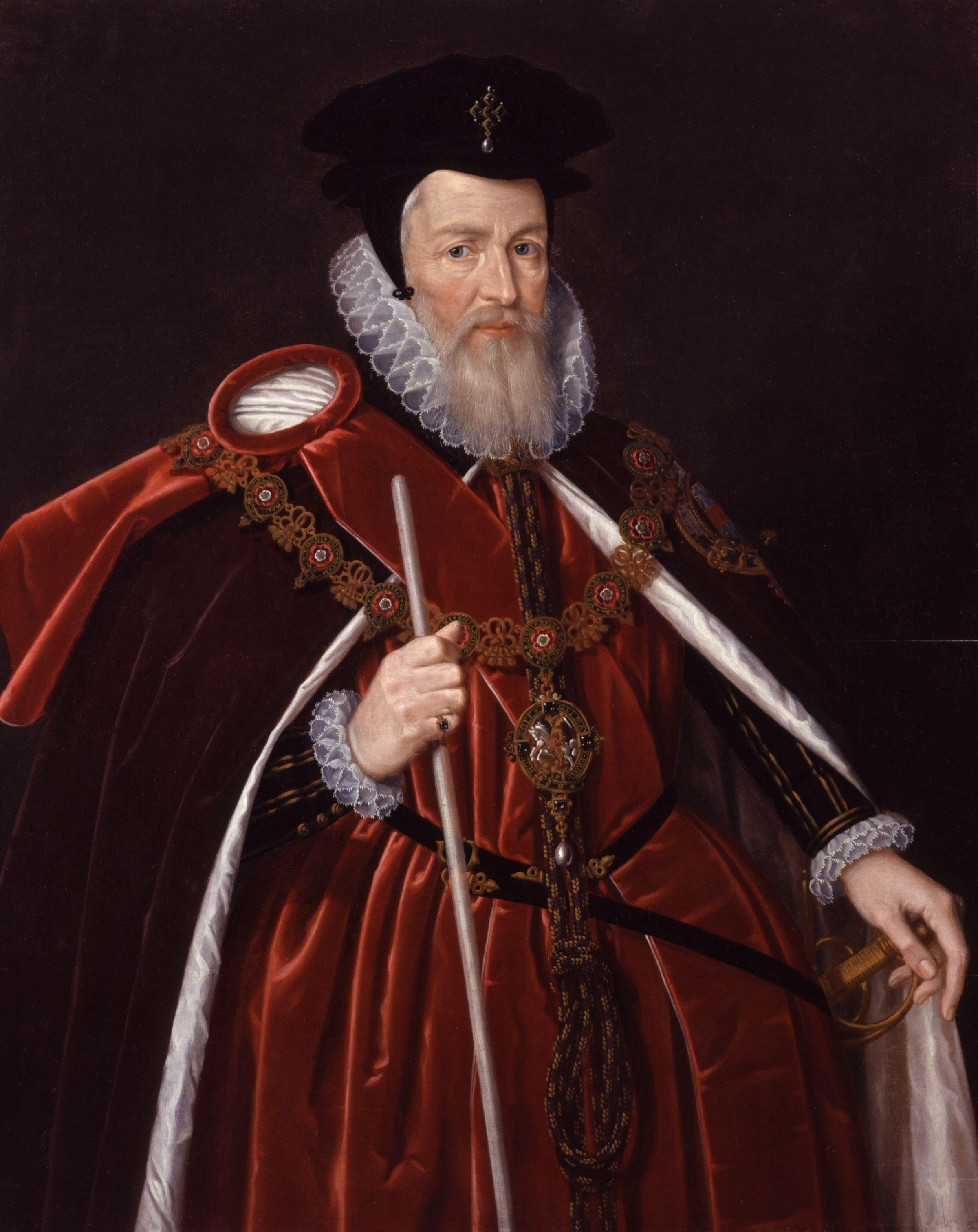Letter to the Earl of Leicester on a hunting dog he had given Burghley, c. 1580-81.
Conyers Read, Lord Burghley and Queen Elizabeth (London: Jonathan Cape, 1960), p. 257.
William Cecil, 1. baron Burghley: Cytaty po angielsku
Memorandum of February, 1588.
Conyers Read, Lord Burghley and Queen Elizabeth (London: Jonathan Cape, 1960), pp. 418-9.
Title of a pamphlet published by Burghley on Spanish claims over what happened during the Spanish Armada's attempted invasion of England in 1588.
Conyers Read, Lord Burghley and Queen Elizabeth (London: Jonathan Cape, 1960), pp. 433-4.
Said in 1585.
Simonds D'Ewes, The Journals of all the Parliaments during the Reign of Queen Elizabeth (1682), p. 350.
Letter to Sir Francis Walsingham, c. 1573-76.
Conyers Read, Lord Burghley and Queen Elizabeth (London: Jonathan Cape, 1960), p. 155.
Letter to the Archbishop of Canterbury, Whitgift, criticising the Court of High Commission which was persecuting nonconformists (1 July, 1584).
Conyers Read, Lord Burghley and Queen Elizabeth (London: Jonathan Cape, 1960), p. 295.
“England can never be ruined except by a parliament.”
Famous sayings and their authors: a collection of historical sayings in English, French, German, Greek, Italian, and Latin, by Edward Latham, Sonnenschein, 1906.
Walter Scott (ed.), A Collection of scarce and valuable tracts: Vol. II (London: 1809), p. 169.
Memorandum from approximately the beginning of 1576.
Conyers Read, Lord Burghley and Queen Elizabeth (London: Jonathan Cape, 1960), p. 166.
